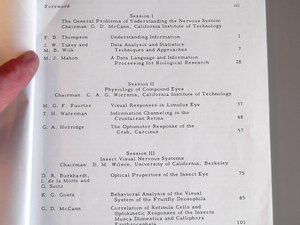When a Car Rental Goes Wrong: The Dangerous Side of Peer-to-Peer Sharing

What started as a routine car rental turned into a nightmare for Krisztian Riez, highlighting the potential risks of peer-to-peer car-sharing platforms like Turo. During a cross-border trip from Montana to Alberta, Riez was stopped and his rental vehicle was found to have trace amounts of fentanyl, leading to an invasive border inspection that left him traumatized.
The incident became even more alarming when Canadian authorities warned Riez that his 6-month-old goddaughter could have been at serious risk if she had been in the car. Fentanyl, a synthetic opioid 50 to 100 times more potent than morphine, poses deadly threats even in minimal quantities.
Frustrated by Turo’s apparent lack of accountability, Riez filed a lawsuit seeking $1.5 million in damages and pushing for policy reforms. The case brings to light broader concerns about the safety and oversight of peer-to-peer car-sharing platforms.
Experts like Susan Shaheen from UC Berkeley’s Transportation Sustainability Research Center point out that these platforms create more variability in vehicle maintenance and monitoring. Unlike traditional rental companies with standardized protocols, peer-to-peer services rely on individual car owners, which can introduce significant safety risks.
The problem extends beyond isolated incidents. Border patrol and law enforcement have increasingly documented how these platforms can be exploited for criminal activities, including drug trafficking, human smuggling, and other illegal operations. The personal nature of these rentals makes them harder to track and regulate.
Riez’s experience underscores a critical need for more robust safety measures in the car-sharing industry. He refuses to accept Turo’s standard responses of “it’s not our fault” and is committed to driving systemic changes.
“I’m tired of hearing ‘It’s not our issue,’” Riez stated. “I think accountability is a crucial step in moving in the right direction”.
As peer-to-peer car-sharing continues to grow, this case serves as a stark reminder that convenience should never come at the expense of safety.
AUTHOR: cgp
SOURCE: SF Standard
























































